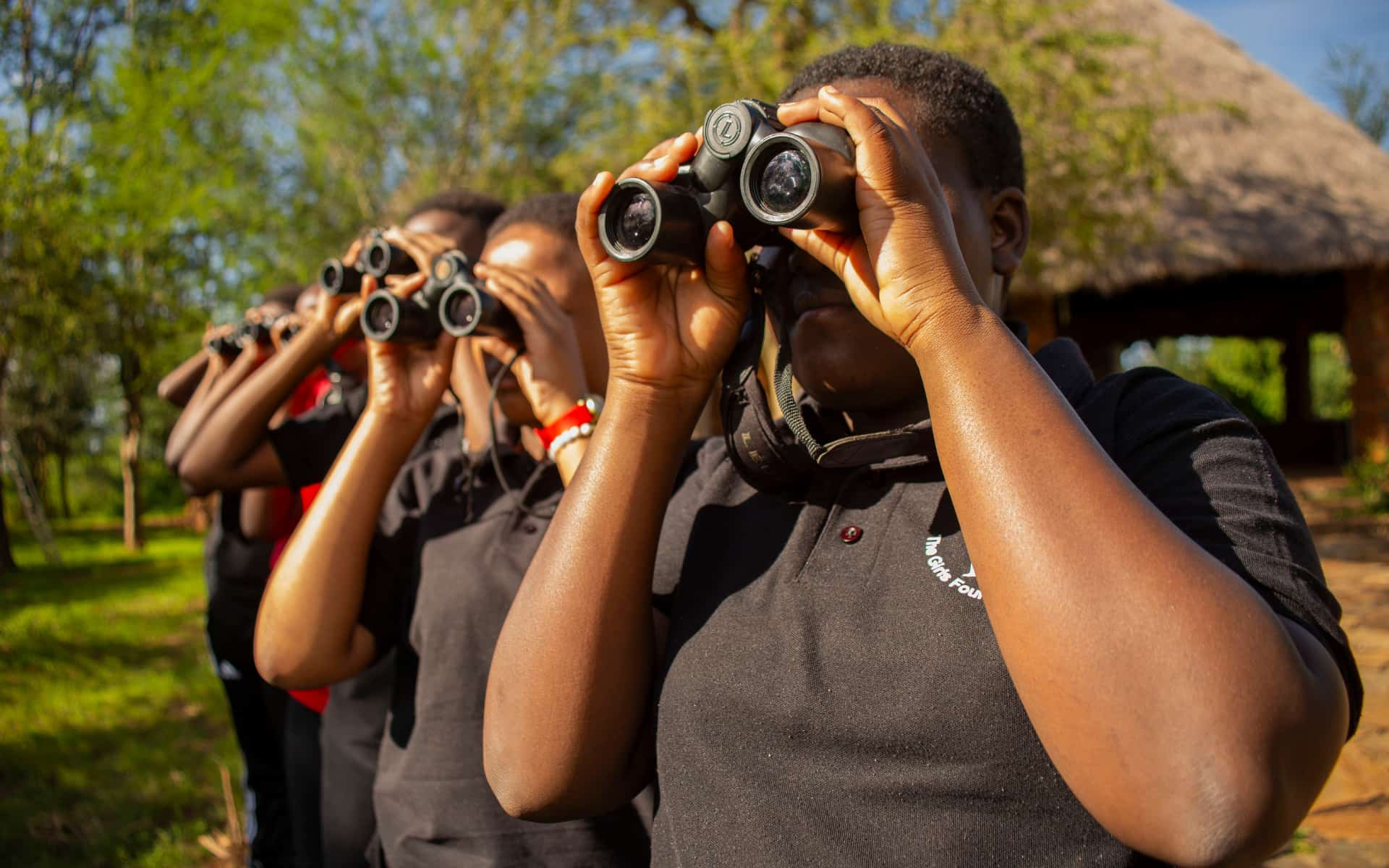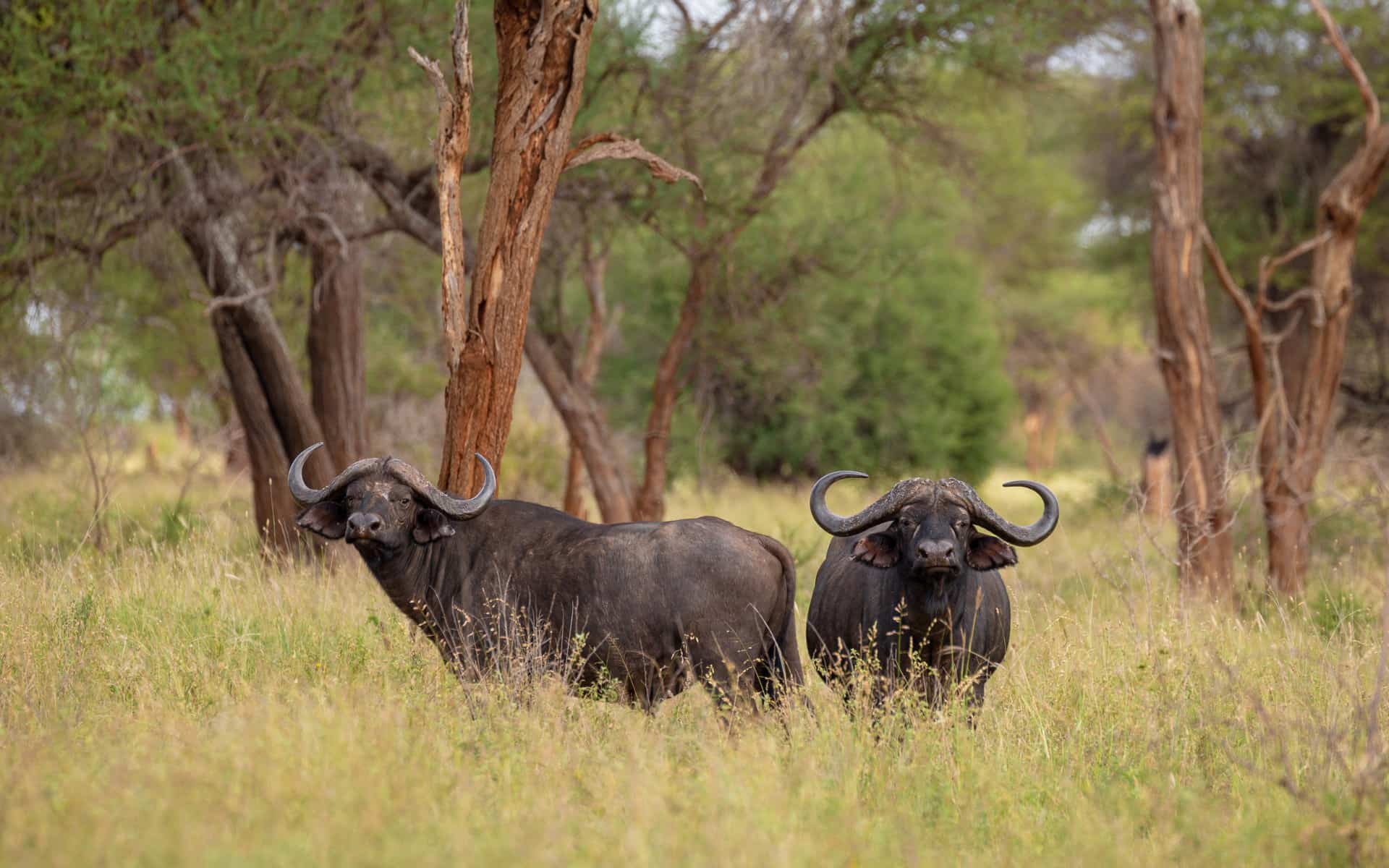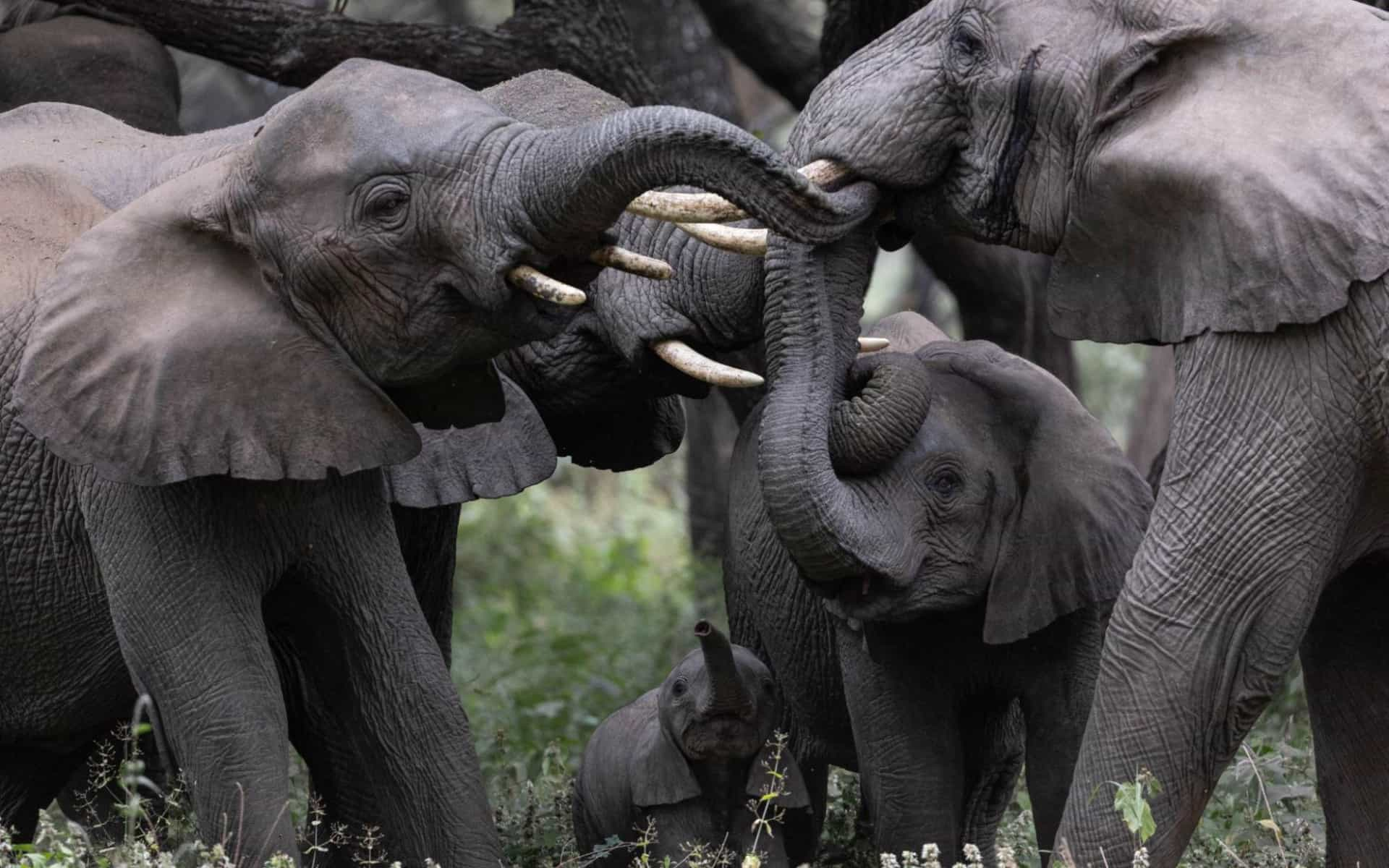.jpg)
Coexistence That's Built to Last
For two decades, African People & Wildlife has partnered with communities across Tanzania to protect wildlife, restore landscapes, and support sustainable livelihoods. See how this work has grown and where it’s going next.

















.jpg)
